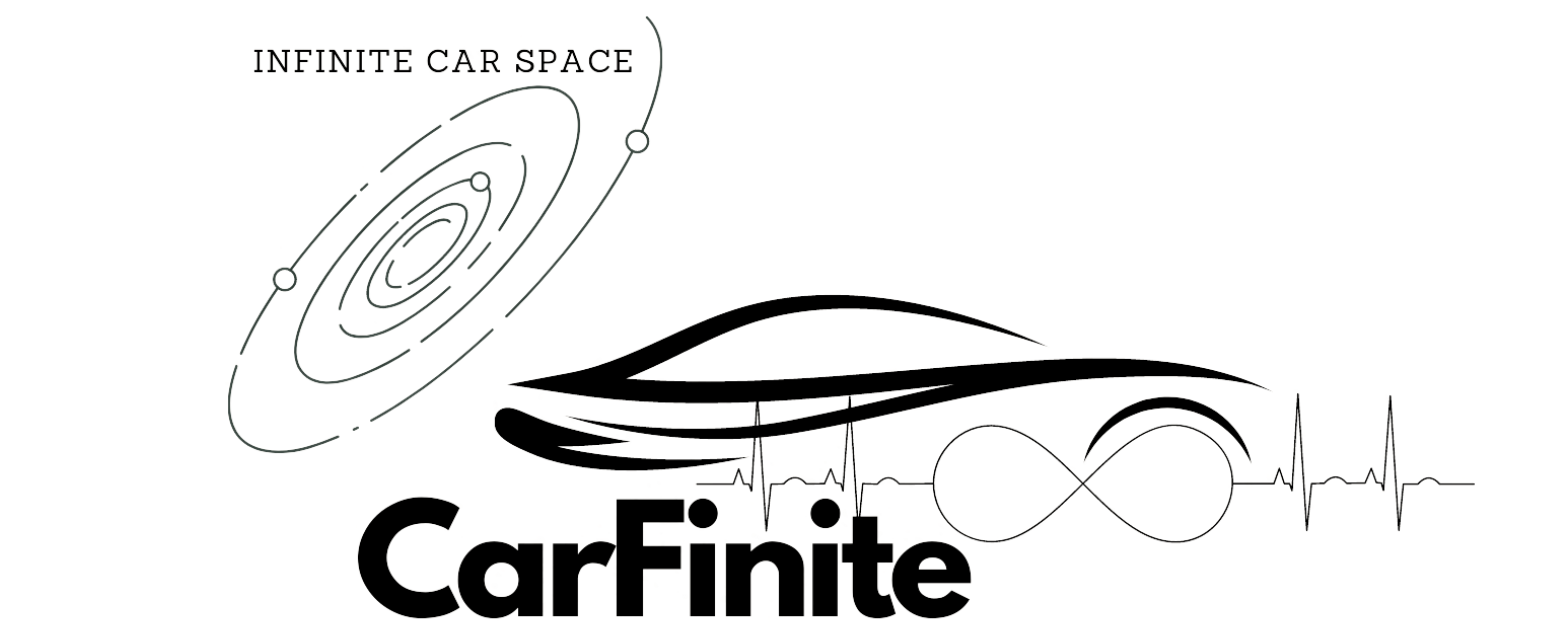A car backfires when accelerating due to unburnt fuel exploding in the exhaust or intake system instead of undergoing controlled combustion in the engine cylinders. This loud popping or banging backfire is caused by issues like:
- Incorrect air-fuel ratio
- Ignition timing problems
- Misfiring spark plugs
- Exhaust problems
To diagnose and fix backfiring, one must understand its leading causes which typically stem from fuel, ignition, or exhaust system deficiencies.
This article will explore the mechanics behind an improper air-fuel ratio, ignition timing faults, spark plug misfires, and exhaust system damage – the major culprits behind why cars backfire under acceleration. It will also provide an overview of troubleshooting and repair procedures to restore proper engine performance.
Cause 1: Incorrect air-fuel ratio
The air-fuel ratio refers to the correct proportion of air and fuel that must enter the engine’s cylinders for proper combustion. This ratio needs to be precisely maintained by the fuel injection system. If the air-fuel mixture deviates from the ideal 14.7:1 ratio, it can cause performance issues like backfiring when accelerating.
A lean air-fuel mixture means there is too much air and not enough fuel, causing the mixture to burn unevenly and release explosions into the intake or exhaust. Common causes include a dirty air filter restricting proper airflow, clogged fuel injectors failing to provide sufficient fuel, and vacuum leaks letting in unmetered air.
A rich air-fuel mixture contains excessive fuel and not enough air for complete combustion. The unburnt fuel ignites in the exhaust system, causing backfiring. Common causes are a faulty oxygen sensor providing incorrect readings to the computer, contaminated fuel injectors stuck open, and problems with the engine control unit.
Cause 2: Ignition timing problems
The ignition timing refers to the precise instant when the spark plug fires to ignite the air-fuel mixture in the cylinder. Any deviations in this timing can cause misfiring and backfiring issues.
If the timing is too advanced, the mixture ignites too early, creating explosions in the intake. If the timing is too retarded, the mixture ignites too late, exploding in the exhaust. Common causes include a worn distributor cap and rotor creating spark scatter, a defective ignition coil providing weak spark, and a stretched timing belt making the camshafts rotate out of sync.
Cause 3: Misfiring spark plugs
Spark plugs deliver electric sparks to ignite the compressed air-fuel mixture in the cylinders. If the plugs misfire or fail to fire, it causes unburnt fuel to be exhausted and explode in the exhaust system.
Worn or fouled spark plugs may not produce a strong spark for proper ignition. Corroded or loose spark plug wires disrupt electricity flow to the plugs. An ignition coil with shorted or damaged wiring can also cause misfiring issues leading to backfires during acceleration.
Cause 4: Exhaust problems
The exhaust system safely routes burned gases from the cylinders into the open air. Cracks, holes, or blockages in the exhaust can cause unburnt fuel to collect. This explodes when it contacts outside oxygen, causing backfiring.
An exhaust manifold leak allows escaping gases to ignite in the engine bay. A blocked catalytic converter does not allow proper evacuation of exhaust gases. Damaged exhaust manifold gaskets permit leakage of unburnt fuel into the exhaust system.
Diagnosis and repair
Diagnosing the root cause requires thorough visual inspection and troubleshooting with a scanner. Check for vacuum leaks, damaged components, loose connections, blocked passages and exhaust leaks with a proper scanner. Scanner data can reveal issues with air-fuel ratio, ignition timing and misfiring cylinders.
Repairing the issue requires replacing damaged components like oxygen sensors, ignition coils, spark plugs, and exhaust gaskets. Adjusting ignition timing, cleaning fuel injectors and throttle valves also helps restore proper air-fuel mixture and engine performance. A compromised exhaust system may need replacement to prevent future backfires.
Why does my car backfire when I give it gas?
Backfiring on acceleration is caused by unburnt fuel igniting in the exhaust system instead of the combustion chamber. This commonly happens due to issues like incorrect air-fuel ratio, bad ignition timing, misfiring spark plugs, or exhaust leaks.
What is a backfire?
A backfire is an explosion of unburnt fuel in the intake manifold or exhaust system instead of the normal controlled combustion inside the engine’s cylinders. This explosion creates a loud popping or banging sound. If you need to identify the sound, check this YouTube video for misfire sound.
Why are backfires bad for your car?
Backfiring can damage exhaust components like the catalytic converter or oxygen sensors. It also indicates improper fuel combustion and timing issues negatively impacting engine performance and efficiency. Prolonged backfiring can overheat and damage the exhaust valves, cylinder heads and piston crowns.

John Smith, a Los Angeles-based car specialist and automotive writer, boasts over 20 years in the industry. With a background as a master technician and a decade-long writing stint at notable automotive publications, John now shares his expansive knowledge on CarFinite, simplifying car maintenance for readers.

